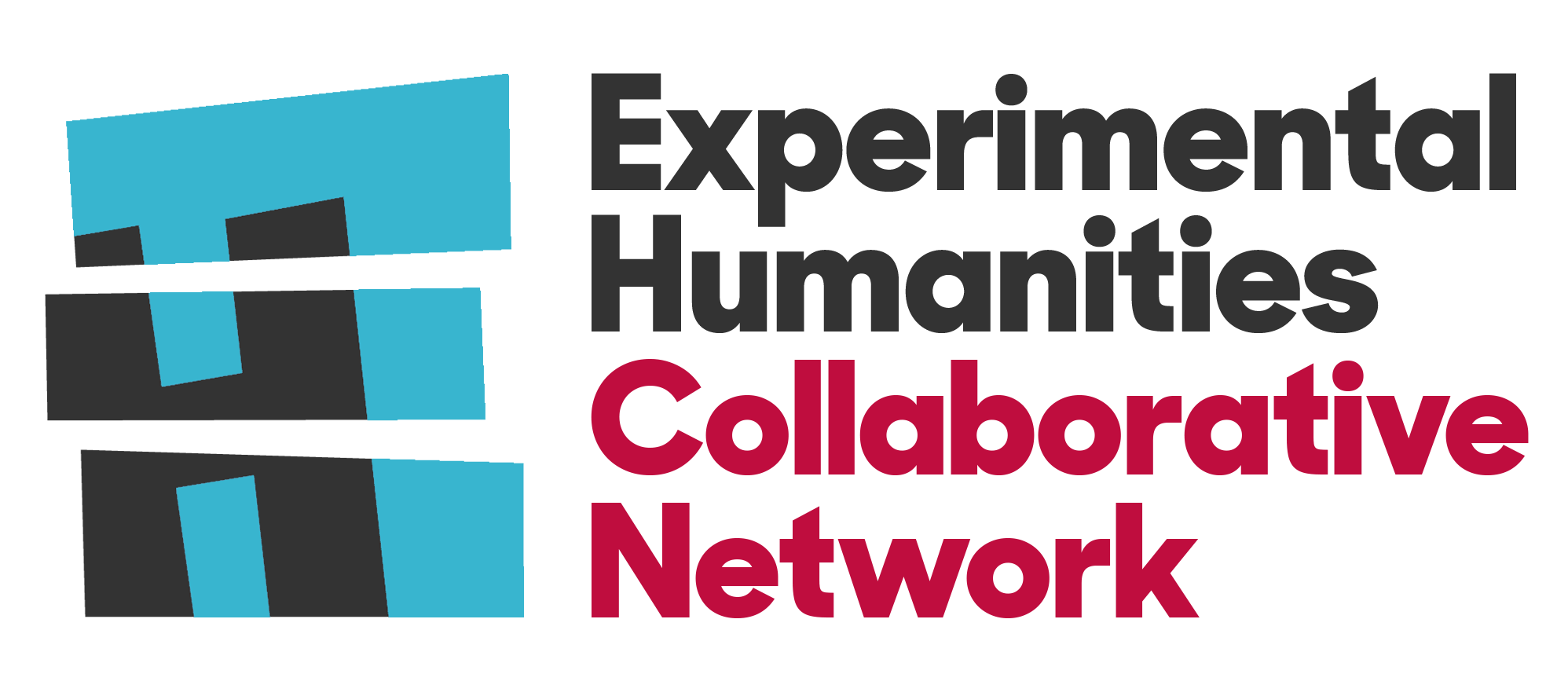
Welcome to Our new portfolio
About The Project
Through the exploration of naming practices, the To Be—Named project convenes diverse communities, scholars and artists from around the world in critical conversations about the cultural politics of language. We take a multi-modal, cross-cultural, and interdisciplinary approach to encourage the inclusion of different cultural and disciplinary ways of knowing and communicating.
Our three branches for dissemination include an edited volume, a traveling exhibition, and this website. As an integrated whole, these purposely merge textual, visual, and aural modes to create synergies between commonly siloed knowledge communities, disciplines, regions and scholars.

The origins of To Be—Named lie in a partnership between the Experimental Humanities Collaborative Network and the European Union funded CoLing project—a multi-national multi-institutional grant focused on minority languages.
AIMS of To Be—Named
Through this global collaborative network, we aim to alter problematic dynamics that privilege English-speaking academic spheres over Indigenous ones, as well as those between West/East and North/South, and junior/senior scholars. We encourage the use of personal narratives and artwork to enable scholars to explore in the first person and in their Mother Tongue their own culture/s and naming practices—not just as observers—but from firsthand experiences. These narratives and artworks are designed to not only consider issues of power, but “speak” to them and show how the power and effect of names unfolds at multiple intersecting scales.
The outcome is a rich tapestry of perspectives from scholars around the world, including Greece, Mexico, Kyrgyzstan, Siberia, Palestine, Philippines, Hawaii, Germany, Mozambique, Poland, Fiji, Serbia, China, Nigeria, Afghanistan, India, Nepal, Guatemala, Colombia, as well as those of multi-sited multilingual lives and identities between New Zealand, UK, Singapore, US, Canada, South Africa, Germany, and Australia.
This diversity of perspectives has helped us to both trouble and provide meaningful insight into how language and identity politics and decolonizing methodologies play out in different contexts—not just as theoretical concepts—but as lived experiences. We understand that names are a way to ground theories of colonization and decolonization—concepts that, if too abstract, distract from understanding how they are lived. Through embracing these multiple scales and regional contexts, scholars consider colonizing and decolonizing conceptions not as monolithic, but as intersectional, complex and engaged.



